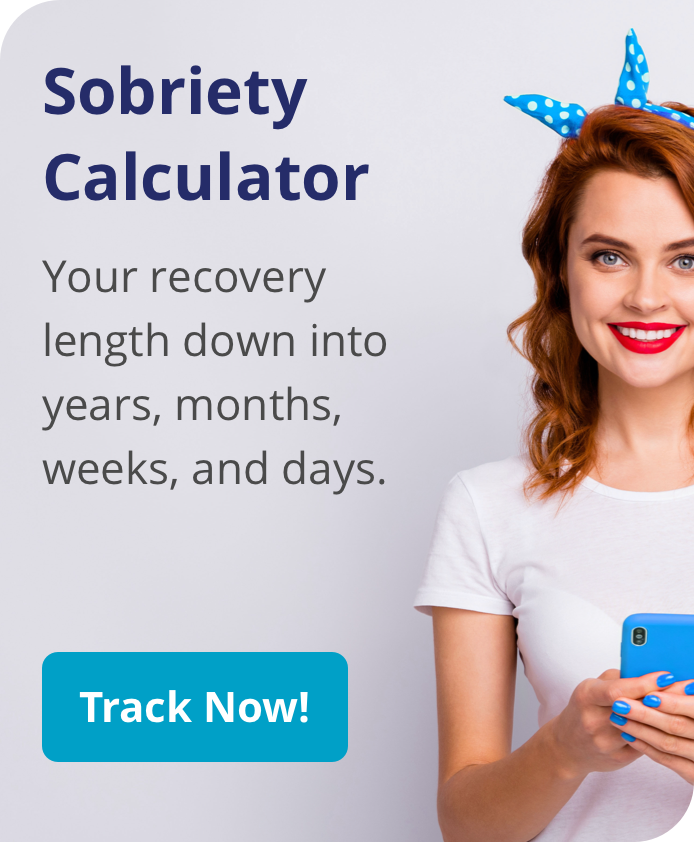By: Lisa B., Transformations Alumni Coordinator
What does self-care mean to you? Self-care can have many different definitions. For some, it is going to the salon to get their nails done, a relaxing massage, or an exciting vacation. To others, it could be meditation, going for a run, a quiet day at home with a book, or setting boundaries with others that align with your core values. All of these examples are correct! Self-care is a very individualized thing. There is no need to overcomplicate it! It is simply a practice that helps you feel centered and be the best self you can be, but the key here is considering if it is genuinely helping you improve your well-being, and some of these acts are more sustainable than others.
The Oxford Dictionary defines self-care as “the practice of taking action to preserve or improve one’s own health.” What they don’t mention here is mental health, which is equally as important as physical health. In our fast-paced world, prioritizing our mental health is crucial.
The benefits of self-care are endless. Mindfulness and relaxation techniques have been heavily researched and can effectively improve stress and cortisol levels, which are significant contributors to illness and mental health issues. There is also no arguing that physical activity has been shown to improve physical well-being and mental health. Lastly, research shows that having hobbies can help improve mood, decrease stress, create social connections, and enhance overall well-being.
Whatever form of self-care you decide to implement into your life will have profound positive impacts!
When you begin your recovery journey from substance use and mental health, the idea of self-care may be foreign to you, and understandably so! When we are struggling with substance use or mental health, we tend to have maladaptive coping mechanisms that help us get through our day, or what it is we need from moment to moment. They usually aren’t adding to our life positively. We are simply in survival mode.
We also may not know what we like to do or what it is that truly relaxes us, either because we have yet to give it much thought or we have forgotten what worked for us.
I know that I said there are many forms of self-care and no right or wrong answers, but some acts of self-care hold more weight than others. Also, some are more practical. For example, I absolutely feel relaxed each time I go and get a massage, but can I afford to get a massage every day of my life? I wish, but definitely not.
I have had to find practical ways to enhance my mind-body connection. These are things that I can easily incorporate into my daily routine for free. Acts of self-care that infuse my life with multiple benefits at one time. The biggest ones for me are mindfulness, hitting recovery meetings, physical exercise, reading books, and intentionally taking time out of my day to cook healthy, nourishing foods.




